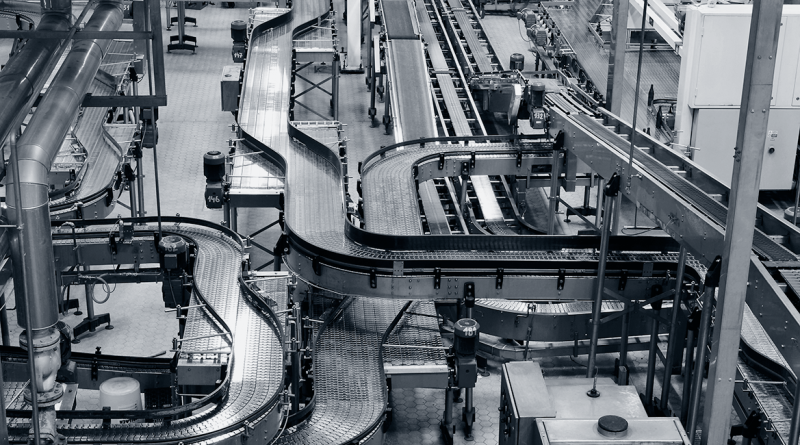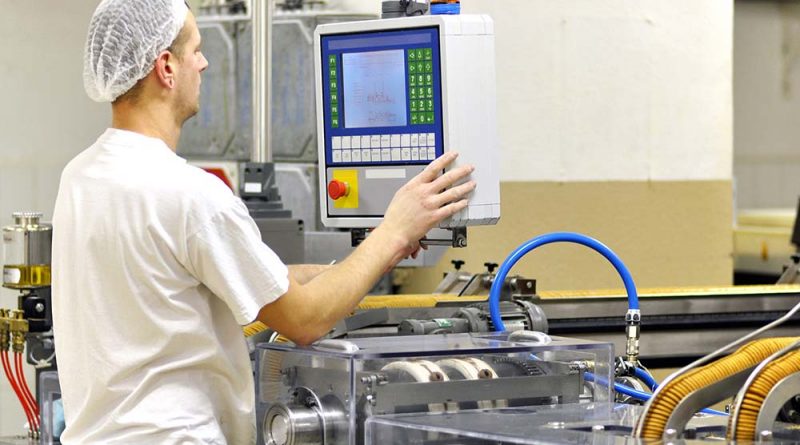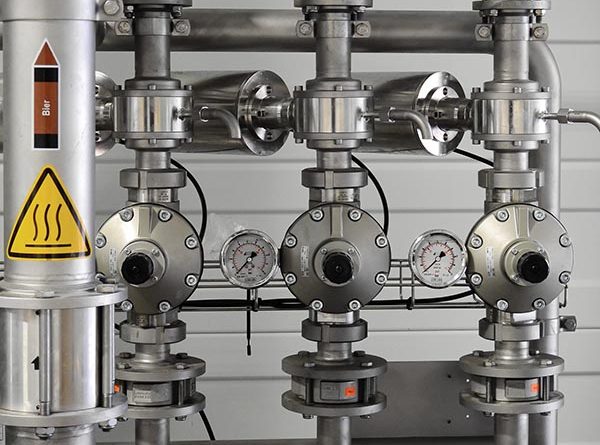Smart Factory and the future of energy
The manufacturing industry accounts for much of the world’s energy consumption. In 2021, manufacturing accounted for a whopping 33% of all energy consumption in the U.S. Energy Information and Administration.
Read more






